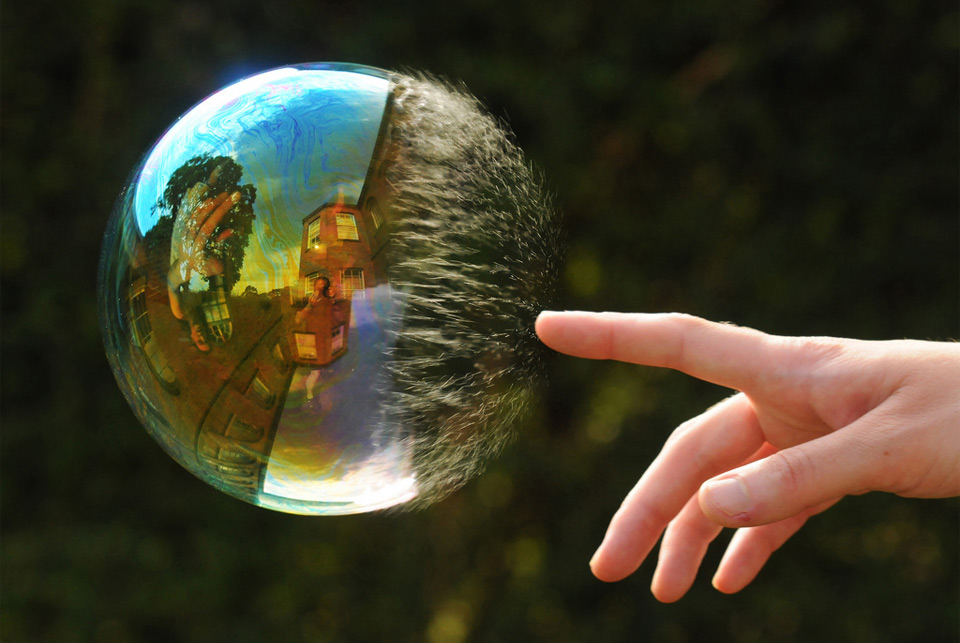Jennifer Lopez’s recent cancellation of her “This Is Me… Now” tour sent shockwaves through the entertainment industry. While the official reason was cited as family time, reports of sluggish ticket sales sparked rumors of a deeper issue – a decline in J.Lo’s likeability factor.
This begs the question: Did social media negativity cause the J.Lo tour flop? Let’s dive deeper.

A Look Back: J.Lo’s Reign on the Stage
For decades, Jennifer Lopez has been a powerhouse entertainer. Her electrifying stage presence, complete with dazzling costumes and captivating choreography, has consistently sold out arenas. Performances like her iconic Super Bowl halftime show with Shakira solidified her status as a captivating live performer.
Traditionally, nostalgia is a bankable factor for veteran artists. Even without recent hits, a tour capitalizing on past glories can be a success story. After all, it’s been 13 years since J.Lo’s last chart-topping single, “On the Floor,” yet her back catalog remains formidable.
However, the music industry landscape has shifted.
The New Currency: Likeability in the Age of Social Media
Today’s success hinges not just on musical prowess, but also on audience perception. In the age of social media, “likes” and positive online sentiment are powerful currencies. Here’s where J. Lo’s tour might have hit a snag.
The “This Is Me… Now” era, encompassing the album, film, and accompanying documentary, became a target for online criticism. Social media mercilessly dissected everything from the project’s title to interview snippets. Even seemingly harmless moments, like J.Lo playing with her hair or mentioning a designer brand, were met with derision.
This negativity snowballed, fueled by short, attention-grabbing clips on platforms like TikTok. Many likely hadn’t even seen the film but formed opinions based on these snippets. Regardless of the projects’ actual merit (some reviews were decent), the damage was done. J.Lo became the target of the “J.Lo hate train.”
A Long-Simmering Discontent?
J.Lo’s likeability struggles aren’t entirely new. Questions about her authenticity and reliance on vocal samples from other artists have lingered for years. However, 2024 seems to be a tipping point.
This negativity surrounding J.Lo translated to the tour. A last-minute name change to focus on her career hits couldn’t reverse the course. The domino effect was in motion, and potential ticket buyers opted out.
Unlike artists with fiercely loyal fanbases (think Beyoncé or Taylor Swift), J.Lo’s audience might be more casual. They might choose to see her show for a night out, but missing it wouldn’t be a deal-breaker. This highlights the importance of fostering a strong connection with fans, especially in a crowded entertainment landscape.
The Takeaway: A Cautionary Tale for A-Listers?
J.Lo’s tour cancellation serves as a cautionary tale for celebrities in the digital age. While maintaining artistic integrity is important, so is cultivating a positive online presence. Social media can be a double-edged sword, and J.Lo’s experience underscores the power of online sentiment.




